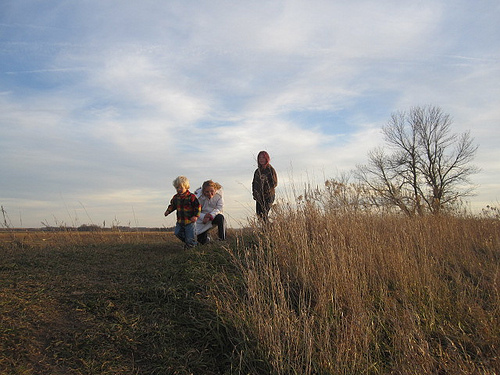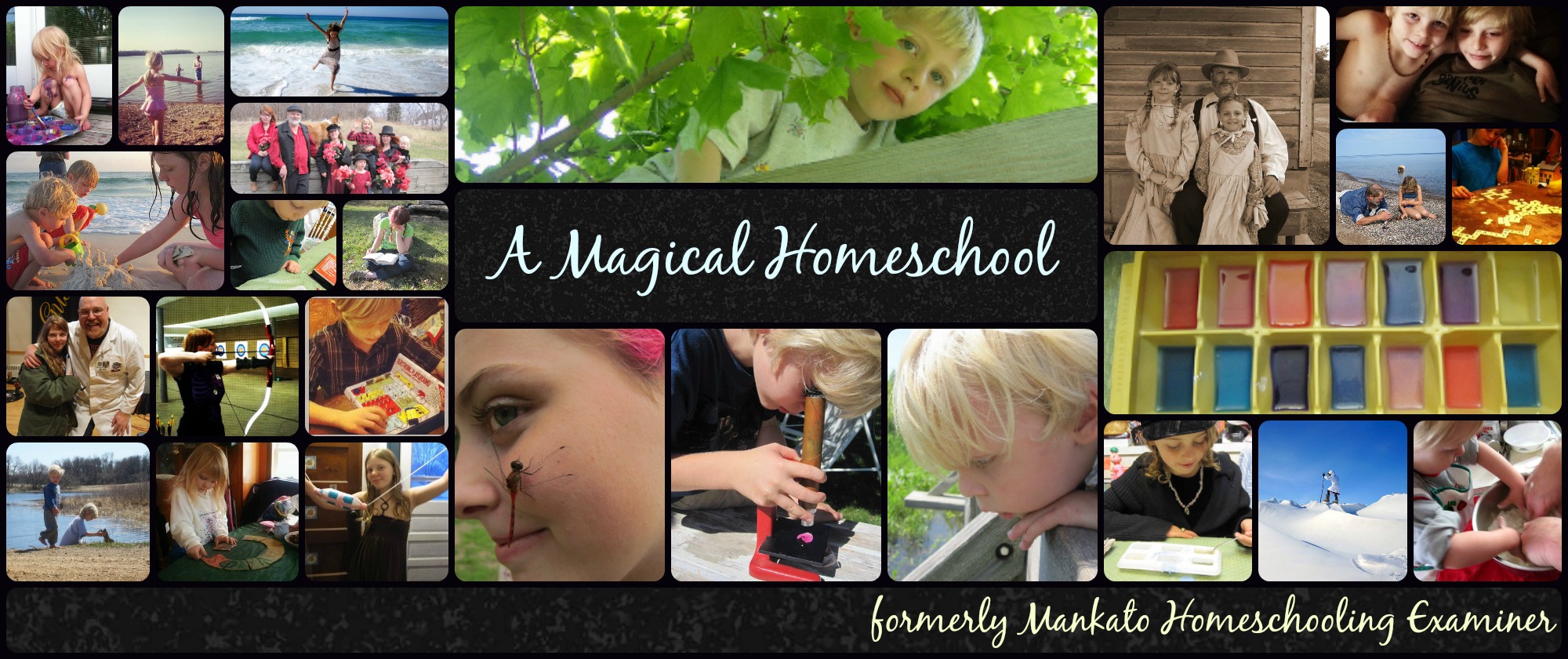
If you are contemplating taking your children out of public school to homeschool them, you’ll probably hear a lot of advice about “deschooling.”
What is deschooling?
Simply put, it is a period of time after institutionalized schooling where parents let kids be free to do whatever they want and relearn their love of learning.
Wikipedia defines deschooling as:
In a practical context, it refers to the mental process a person goes through after being removed from a formal schooling environment, when the “school mindset” is eroded over time. Deschooling may refer to the time period it takes for children removed from school to adjust to learning in an unstructured environment.
Families who have taken their children out of school to homeschool often find their children need a period of adjustment – learning to live without the reinforcement of grading and regimented learning. It is typically used to describe children who have been removed from school for the purpose of self-directed homeschooling, but technically applies any person leaving school, either by dropping out or graduating.
Living Joyfully describes deschooling as:
… the initial stage where you, and likely your kids, get rid of schoolish thoughts about learning and life in general. If school was a negative experience for your kids, they will need time to recover from that as well. Give yourselves time to adjust to the freedom of no school routines (stay up late and sleep in!); the freedom of not being told what to do every minute of the day. Everyone has lots of time now to relax and unwind, to try new things. To discover their interests and rediscover the joy of learning!
How long do you deschool?
Most homeschoolers who have transitioned their kids from SOTH (school outside the home) to homeschool recommend a period of one month of deschooling for every year the child attended school.
So do they do nothing educational at all?
Unless you put your children in an empty room, it’s pretty hard to keep them from learning at home. They will probably do plenty of educational things — just not structured educational things where you tell them what to learn and how to do it.
What are the benefits of deschooling?
- If your children have developed a dislike for school and learning, this gives them the opportunity to undo this negative attitude towards learning.
- It gives parents a time to plan, research and explore homeschooling options and curricula without feeling pressure to rush immediately into “doing school” at home.
- It gives kids control back over their own educations.
- It gives kids time to de-stress from unpleasant things like bullying or testing pressures.
- It gives kids the time and opportunities to discover their own interests.
- It gives parents the chance to see how their kids learn best and what will work best in homeschooling them (for instance, a child who enthusiastically dives into hands-on projects will do best with this sort of science curriculum, while a family who turns a question about sharks into three weeks of books, art projects, field trips and Netflix programs will probably excel with Unit Studies).
- It allows time for other types of learning. Equally important skills and subjects are often lost in traditional school thinking. During deschooling, kids can learn equally important life skills like cooking, gardening, construction, budgeting, hand crafts, car repair, etc.
- It shows kids that homeschooling can be fun.
What sorts of things do families do during deschooling?
The deschooling environment can look a lot like unschooling. There is a lack of formal structure and scheduling, but the environment is full of opportunities for learning. Families can rely on lots of non-traditional tools for learning during this time, such as:
- Reading out loud
- Reading silently for pleasure
- Field trips
- Art projects
- Computer programs
- Science kits
- Learning handicrafts
- Taking classes that interest them
- Attending homeschool park days and recreational activities
- Taking nature walks
- Starting a garden
- Cooking and baking
- Using science tools like microscopes, telescopes, magnets and pH strips
- Using math tools like calculators, scales, protractors and Cuisenaire rods
- Writing and journaling
- Using a variety of apps (there are lots that sneak in math, physics and even grammar)
- Photography
- Blogging and taking part in age-appropriate web sites
- Playing outside
- Building with LEGOs and other building sets
- Playing games
- Attending programs at nature centers and historic sites
- Spending time with friends
- Frequent library visits
- Volunteer work in the community
- Lots of talk about what the kids would like to learn and how they’d like to learn it
What if I don’t want to 100% deschool?
Just Enough and Nothing More has great tips for Deschooling Gently, telling parents how to combine the benefits of deschooling while still feeling like you’re “doing school.”
***
This article originally appeared on examiner.com.





